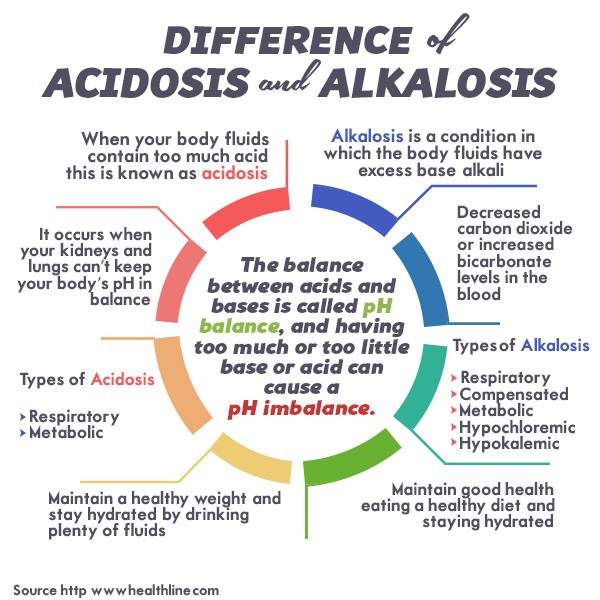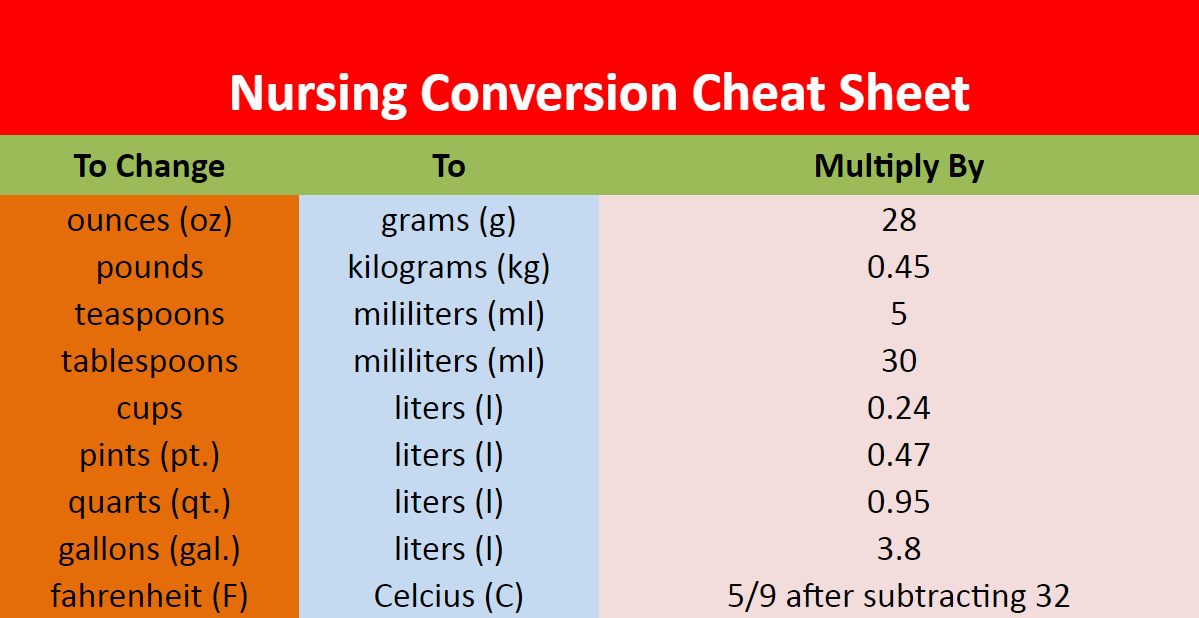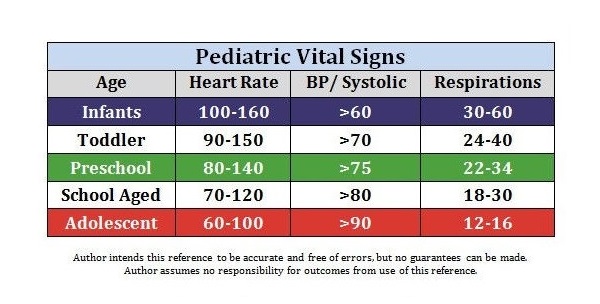Acidosis is a condition in which there is too much acid in the body fluids. It is the opposite of alkalosis (a condition in which there is too much base in the body fluids.

Acidosis is a condition in which there is too much acid in the body fluids. It is the opposite of alkalosis (a condition in which there is too much base in the body fluids.

This is an algorithm to choose your medical specialty depending upon your personality characteristics.

ECG Manifestations: Electrolyte imbalance
Electrolyte balance is important for maintenance of proper cardiac function. The nurse should be alert to changes in the electrocardiogram (ECG or EKG) which can indicate electrolyte imbalance; OR if an imbalance is present already, the nurse should investigate the possible ramifications to the ECG.

ECG Manifestations: Electrolyte imbalance
Electrolyte balance is important for maintenance of proper cardiac function. The nurse should be alert to changes in the electrocardiogram (ECG or EKG) which can indicate electrolyte imbalance; OR if an imbalance is present already, the nurse should investigate the possible ramifications to the ECG.

Nursing Conversion Cheat Sheet

Nursing Conversion Cheat Sheet

Peds Vital Signs ID badge, perfect for EMTs, Paramedics, Nurses, and students
| Pediatric Vital Signs | |||
| Age | Heart Rate | BP / Systolic | Respiration’s |
| Infants | 100-160 | >60 | 30-60 |
| Toddler | 90-150 | >70 | 24-40 |
| Pre School | 80-140 | >75 | 22-34 |
| School Aged | 70-120 | >80 | 18-30 |
| Adolescent | 60-100 | >90 | 12-16 |
Download
Peds Vital Signs ID badge, perfect for EMTs, Paramedics, Nurses, and students

IV Solutions Cheat Sheet

IV Solution Cheat Sheet
